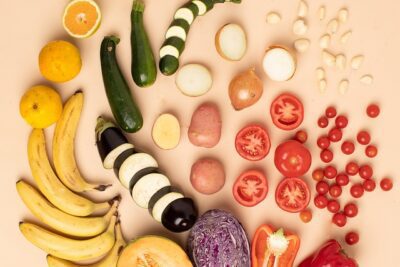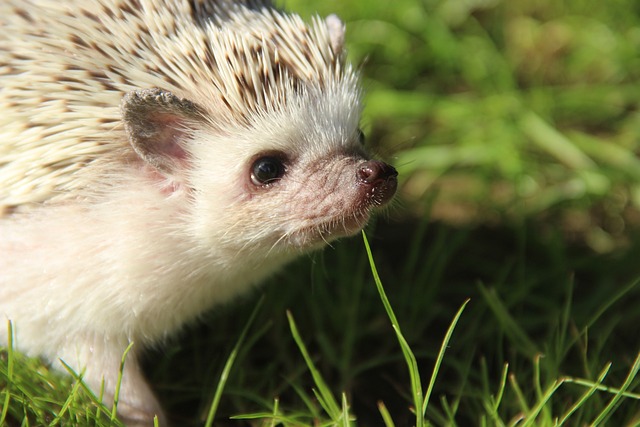



When it comes to feeding your African hedgehog, one of the easiest and most convenient options is to provide them with commercial hedgehog food. These specially formulated diets are designed to meet the nutritional needs of hedgehogs and are readily available in pet stores or online. Look for a high-quality commercial hedgehog food that contains a mix of protein, fat, and fiber.
It is important to read the label and choose a food that lists meat or insects as the first ingredient. Avoid foods that contain fillers or artificial additives. Commercial hedgehog food should make up the majority of your hedgehog's diet, but it should be supplemented with other foods for a well-rounded diet.
African hedgehogs are insectivores, which means they require a diet high in protein. In addition to commercial hedgehog food, you can also provide your hedgehog with live or dried insects as a source of protein. Mealworms and crickets are popular choices and can be found at pet stores or ordered online.
When feeding live insects, make sure they are appropriately sized for your hedgehog and that they are from a reliable source. Dried insects can be offered as a snack or mixed into their food. Insects should be fed in moderation and should not make up the majority of their diet.
In addition to protein, African hedgehogs also require a small amount of fruits and vegetables in their diet. These should be offered as occasional treats and should not make up more than 10% of their overall diet. Some suitable options include apples, bananas, berries, carrots, and leafy greens.
It is important to wash fruits and vegetables thoroughly before offering them to your hedgehog. Cut them into small, bite-sized pieces to make it easier for your hedgehog to eat. Avoid feeding your hedgehog citrus fruits or any fruits or vegetables that are high in sugar.
In addition to commercial hedgehog food and insects, you can also offer your African hedgehog small amounts of cooked meat. This can include lean chicken, turkey, or beef. Make sure the meat is cooked thoroughly and free from any seasonings or spices.
Meat should be offered as a treat and should not make up a significant portion of their diet. It is important to remove any bones or fat before feeding it to your hedgehog. Always monitor your hedgehog while they are eating meat to ensure they are chewing it properly and not choking.
Mealworms and crickets are not only a great source of protein for your African hedgehog, but they also provide mental stimulation and enrichment. You can offer live mealworms and crickets as a treat or use them as a reward during training sessions.
When feeding live insects, make sure to supervise your hedgehog to ensure they are eating them safely. If you prefer not to feed live insects, you can also offer dried mealworms and crickets as a substitute. Just make sure to rehydrate them before offering them to your hedgehog.
Water is an essential part of your African hedgehog's diet. Make sure to provide fresh, clean water at all times. You can use a water bottle with a sipper tube or a shallow dish. Monitor your hedgehog's water intake to ensure they are drinking enough.
It is important to change the water daily and clean the water dish or bottle regularly to prevent the growth of bacteria. If you notice that your hedgehog is not drinking enough water, you can try offering them water from a shallow dish instead of a water bottle.
While there are many foods that are safe and healthy for your African hedgehog, there are also some foods that should be avoided. These include:
It is important to remember that every hedgehog is different, and what works for one hedgehog may not work for another. It is always a good idea to consult with a veterinarian who specializes in exotic pets for specific dietary recommendations for your African hedgehog.
Leave a Reply
Related posts